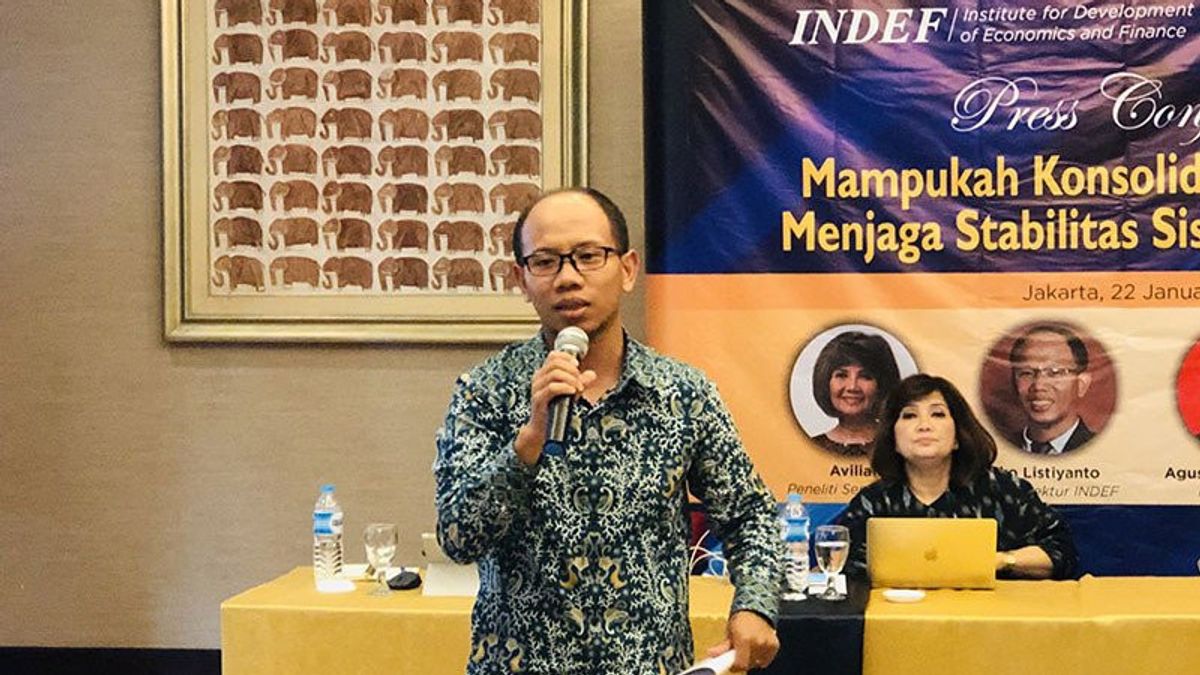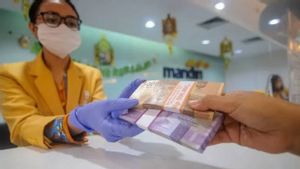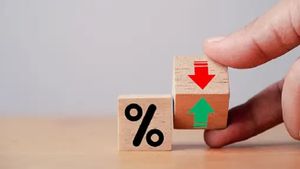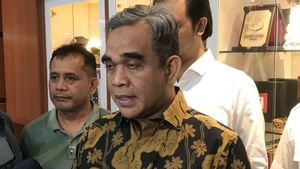JAKARTA - The global economy is still overshadowed by uncertainty. The prolonged effect of the conflict between Russia and Ukraine, the semiconductor trade war of two world economic powers between the United States (US) and China, as well as the world energy crisis, are factors that affect the domestic economy of a country.
Then, what about the condition of the Indonesian economy?
Deputy Director of the Institute for Development of Economics and Finance (Indef) Eko Listiyanto explained that the effects and economic pressures faced by major countries in the world can certainly have an impact globally.
Citing the June 2023 edition of the Global Economic Prospects, the World Bank estimates that the economic growth of developed countries will still slow down at the level of 0.7 percent in 2023 from the condition of 2022 which grew 2.6 percent. This projection sees that there is still pressure on countries from global economic turbulence that is not yet good.
Although the global economic turmoil is high, Eko believes that Indonesia's economic fundamentals are still strong. In relation to Indonesia's economic growth, according to Eko, the global economic phenomenon does not directly have an impact on the Indonesian economy.
Furthermore, Eko explained this because Indonesia's economic growth is the main source of domesticism that allows it to continue to grow and be immune to foreign pressure.
"As long as the domestic can still roll, in fact we can still grow around 4.8 percent. Indeed, it is not as impressive as the government has a target of 5.3 percent, but if it is slightly below 5 percent, I think it is still possible, because it considers the regularity that occurred at the global economic level," said Eko during the economic discussion held. Grow Meaning, written Tuesday, July 18.
Therefore, Eko also reminded the government to be careful in terms of spending effectiveness in order to achieve the appropriate tax target in terms of revenue.
Moreover, Eko encourages the government to carry out government spending so that the state budget can be pumped to encourage economic growth.
"So far, the national economy is still relatively stable. Therefore, it is time to carry out government spending. This budget must be pumped immediately to the real economy, executed in the thrill sector to then generate GDP," he said.
Indonesia's Economic Slowdown
Meanwhile, Co-Founder Grows Meaning, Fenny Tjahyadi said, indicators of the economic slowdown in Indonesia have not been seen, despite global pressure on the increase in US interest rates.
As is known, in June 2023, the Fed detained the benchmark interest rate in the range of 5 to 5.25 percent.
This decision is considered to end the trend of increasing interest rates in a row.
One of Indonesia's economic factors is still healthy, according to Fenny, because the rupiah exchange rate is still relatively stable among the exchange rates of other countries in the world.
"Seeing the macro market in Indonesia in the last few months is more likely to be in a positive direction. Seeing these signs, so the analysis is that the economic slowdown in Indonesia is very unlikely to occur," he said.
SEE ALSO:
Fenny said this positive trend could be seen when inflation occurred after the holiday at that time.
In fact, this July inflation has entered the target range of Bank Indonesia.
It was recorded that earlier this month inflation fell to a level of 3.52 percent.
Meanwhile, the transportation category experienced deflation of 0.1 percent.
Meanwhile, the inflationary food and beverage sector has slowed below 0.5 percent.
"This happens because the demand has returned to normal after the holiday and also for supply is quite high. In addition, our exchange rate is still quite conducive in the midst of the exchange rate of other affected countries," he said.
The English, Chinese, Japanese, Arabic, and French versions are automatically generated by the AI. So there may still be inaccuracies in translating, please always see Indonesian as our main language. (system supported by DigitalSiber.id)
















